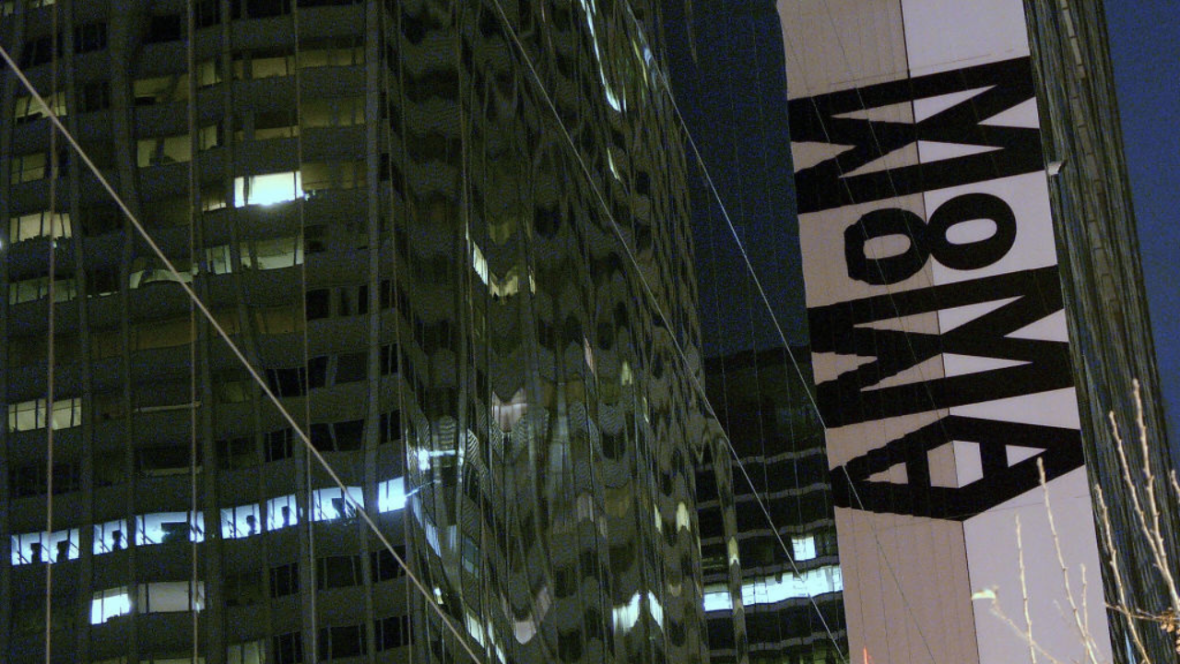We bring news that matters to your inbox, to help you stay informed and entertained.
Terms of Use and Privacy Policy Agreement
WELCOME TO THE FAMILY! Please check your email for confirmation from us.
While visiting a Museum of Modern Art installation highlighting the Black experience, Black artist Heather Agyepong was asked to leave following a visitor’s complaint.
The woes of being Black in America continue.
This week, British Ghanaian actress and visual artist Heather Agyepong visited New York City’s Museum of Modern Art to view the “Black Power Naps” installation by artists Navild Acosta and Fannie Sosa. The exhibit calls attention to the “sleep gap,” a theory explaining the insufficient sleep Black people get in the U.S. compared to white people. While observing, Agyepong shared that she was asked to leave after interacting with another visitor.
“Me and another Black girl got kicked out because a white lady came in and was laughing. And we said, ‘I think the space is kinda centered around Black people,’” Agyepong recounted in a Twitter video. “She started shouting and saying I was aggressive. She said I should be kicked out, that she works for the UN, and she’s going to complain. So, I got kicked out of an exhibition centered around Black people and rest.”
She followed up with a tweet saying, “Basically, they told me. You can never rest!” On March 28, MoMA issued an apology to the artist in a statement to The Art Newspaper (TAN).
“We reached out to Heather Agyepong and apologized,” said a MoMA spokesperson. “We are committed to presenting programs that move race equity values forward, and we acknowledge there will be challenges to work through and learn from as we support and invite artists and audiences to engage on these important issues.”
According to The Art Newspaper, the spokesperson emphasized the museum’s dedication to “protect the experiences of Black visitors and visitors from Indigenous communities and communities of color” and intends to “explore” procedural changes such as additional signage, staff, and staff training. These changes will include consultation with “Black Power Naps” organizers Acosta and Sosa, who prioritize creating a safe space for Black people.
“We insisted as soon as we were first contacted that this piece needed a serious commitment to anti-racism and that not doing so could warrant violence to our community, and we have been insisting ever since,” Black Power Naps co-creator Acosta told the outlet. “It is only now that they are recognizing how urgent this is and willing to remunerate this labor. It’s been an uphill battle. In January, we ourselves were told to be quiet in our own installation by a white visitor.”
Understanding the harsh realities of the Black experience in art, Sosa previously created “The White Institution’s Guide for Welcoming Artists of Color and Their Audience.” According to Acosta, Sosa made the guide because the duo has “been dealing with institutional abuse for a good decade.” The artist also shared on Twitter that MoMA did not incorporate the guide despite the creators’ attempts. TheGrio has reached out for further comment, but per Acosta’s statement in The Art Newspaper, the artists’ tried “to create direct action, racial sensitivity trainings, outreach, and social media campaigns.” Still, their efforts “were not resourced” by MoMA.
The experience of Agyepong, who was awarded both the Photo London x Nikon Emerging Photographer Award and the Photographers Gallery New Talent Award in 2021, calls attention to a larger issue when discussing diversity. While it is important that large institutions showcase Black talent, it must also remain accessible to the people it was created for – Black people. There’s no use in giving us a “seat at the table” if we, as guests, will be ejected from the same table we were invited to.
Updated: Thursday, March 30, at 2:05 p.m., ET: Responding to theGrio’s request for comment, Navild Acosta emailed the following statement regarding the exclusion of “The White Institution’s Guide for Welcoming Artists of Color and Their Audience” and other training tools offered in tandem with “Black Power Naps.” Per Acosta: “Our dedicated [MoMA] team is the education department and we were told there was not enough budget to cover the readiness training we typically provide for institutions hosting Black Power Naps, until now.”
TheGrio is FREE on your TV via Apple TV, Amazon Fire, Roku, and Android TV. TheGrio’s Black Podcast Network is free too. Download theGrio mobile apps today! Listen to ‘Writing Black‘ with Maiysha Kai.

